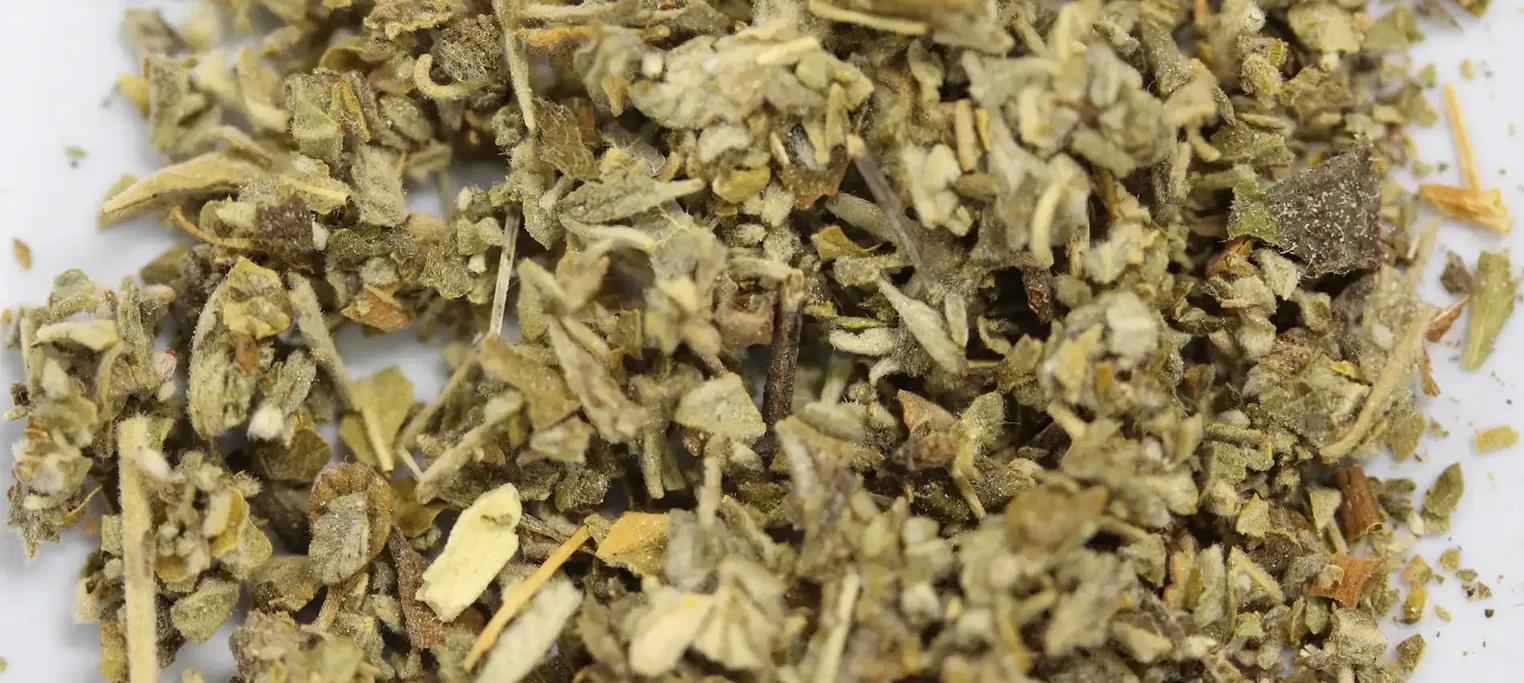October 19, 2020
Synthetic cannabinoids – a short guide for AOD workers

A recent report from the Victorian Coroner has highlighted a dangerous lack of awareness about the potentially lethal effects of synthetic cannabinoids.1
This article explores the issues associated with synthetic cannabinoids and provides harm reduction advice to help alcohol and other drug workers support their clients.
What are synthetic cannabinoids?
Synthetic cannabinoids include a large group of chemical compounds that attempt to mimic the effects of the psychoactive ingredient in cannabis2, known as delta-9 tetrahydrocannabinol (THC).
The technically correct term for these drugs is synthetic cannabinoid receptor agonists (SCRAs) – but for simplicity here we use the term ‘synthetic cannabinoids.’
They are commonly referred to as synthetic cannabis or synthetic marijuana in the media and community circles, but these terms are inaccurate.
Most synthetic cannabinoids bind to the same receptors in the brain as plant-derived cannabis (commonly called weed, pot or marijuana), and are sometimes promoted and sold as legal alternatives.
However, no part of synthetic cannabinoids comes from the cannabis plant – and they are not synthetically or structurally related to THC.
Instead, they are made from powdered chemicals that are mixed with solvents, added to non-psychoactive plant matter, and sold as branded products.
Most synthetic cannabinoids have had no human research conducted on them and some can cause more severe health risks than others.3
What are the side effects of synthetic cannabinoids?
Some of the negative and potentially more harmful side effects of using synthetic cannabinoids can include:
- fast and irregular heartbeat
- racing thoughts
- agitation, anxiety and paranoia
- aggressive and violent behaviour
- chest pain
- vomiting
- acute kidney injury
- seizures
- psychosis
- stroke
- death.3
Frequent and long-term use of synthetic cannabinoids has resulted in multiple deaths worldwide.1
It is recommended that alcohol and other drug workers strongly discourage their clients from taking synthetic cannabinoids for extended periods of time or in high doses. It is also advised that clients use harm reduction practices if using these substances.
Reducing harm
There is no safe way to use synthetic cannabinoids.
It’s important that people who use this drug are aware that:
- The effects of synthetic cannabinoids are unpredictable and are more dangerous than plant-derived cannabis.
- Negative side-effects and overdose are more likely when synthetic cannabinoids are taken in combination with alcohol or other drugs.
- People with mental health conditions or a family history of these conditions should avoid using synthetic cannabinoids. The drug can intensify the symptoms of anxiety and paranoia.
- Some products might be cardiotoxic (cause damage to the heart), lead to hypertension (raised blood pressure), or cause fast/irregular heartbeats. They can therefore cause health problems particularly in older people and people with pre-existing medical conditions.
- Given the large number of these drugs on the market and the lack of research on their effects, it can be difficult for medical practitioners to know how to treat someone who has overdosed or has health problems caused by synthetic cannabinoids.4, 5
Advice for clients
If a client does decide to use the drug, it is important that the following harm reduction advice is provided.
- Call triple zero (000) immediately if someone is experiencing negative effects and looks like they’re in trouble. There have been a number of deaths caused by synthetic cannabinoids.
- Use only a small amount. It’s very hard to know the effects of synthetic cannabinoids, even if they’ve been taken before, as these products are constantly changing. Taking a low dose first can help determine the effects and the strength of the drug.
- Take breaks and eat food and drink water often.
- Activities like driving, swimming and operating machinery while under the influence should be avoided.
- Taking synthetic cannabinoids in a familiar environment, in the company of people who are known and trusted, may alleviate any unpleasant emotional effects.
- Taking deep, regular breaths while sitting down can help with anxiety.
- Keep the supply packet and provide it to medical professionals if a person experiences adverse effects. This information may make treatment quicker and more effective. If the person has used the drug with somebody else, they could also advise exactly what has been taken or write it down4, 5
Given the relative lack of information about synthetic cannabis compared to older drugs, it’s critical that this information is regularly shared with clients and that they are encouraged to further share that information with their peer groups.
More information on synthetic cannabinoids
1.Coroners Court of Victoria. Coronial Investigation into the death of Mr P. Southbank, Melbourne 2020 [cited: 2020 Aug 20].
2.ACT Health. Prohibition of Synthetic Cannabinoids (Synthetic Cannabis) 2014 [cited: 2020 Aug 20].
3.Psychonaut Wiki. Synthetic cannabinoid 2020 [cited: 2020 Aug 20].
4.Consultancy K. Drug facts: Synthetic cannabinoids n.d. [cited: 2020 Aug 24].
5.Community Action on Youth and Drugs (CAYAD). Young people and synthetic cannabinoid drugs 2018 [cited: 2020 Aug 24].


